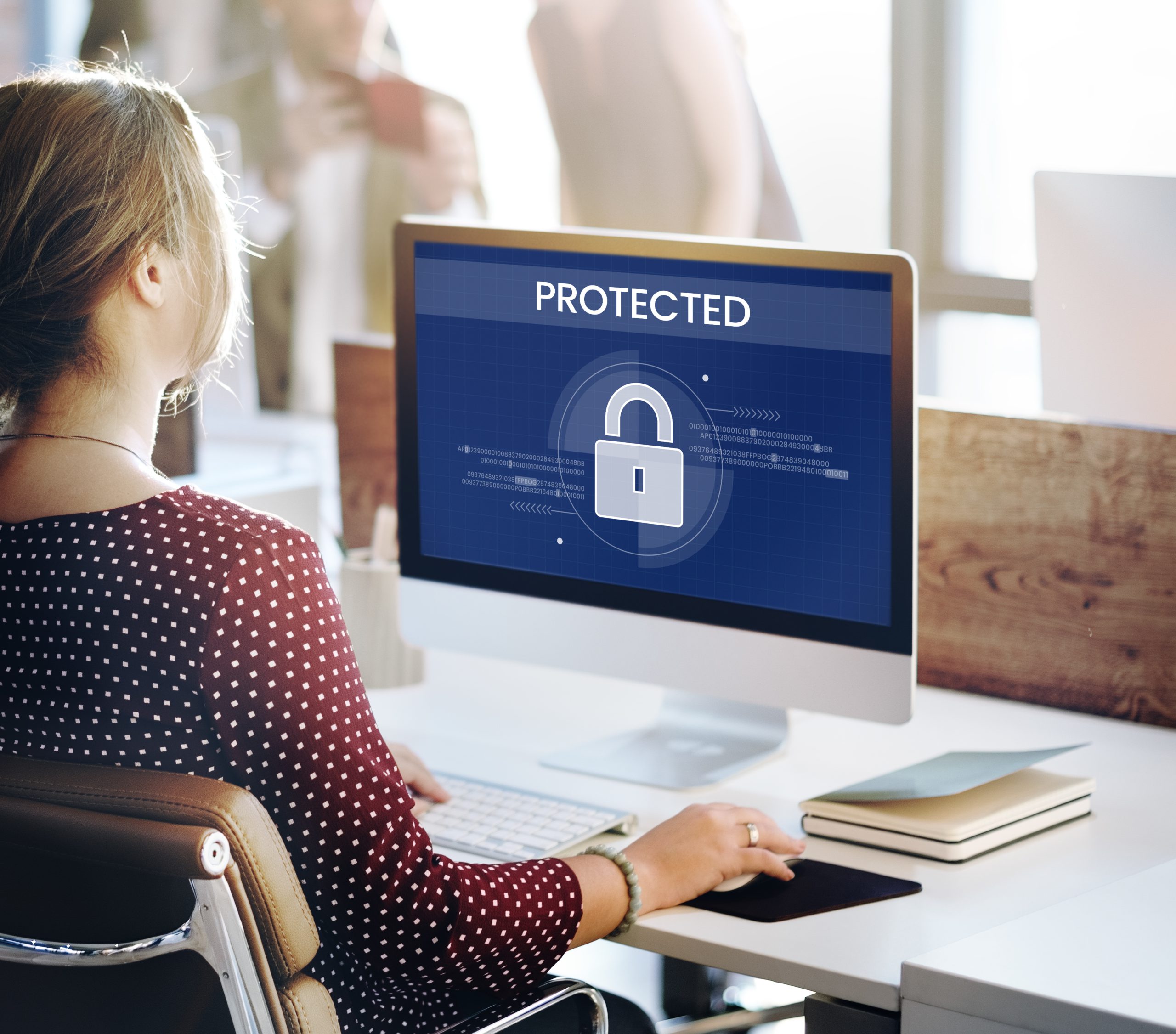What is the significance of cybersecurity?
Because of the internet’s extensive effect on modern life, cybersecurity is essential. The potential for internet integration is limitless with the growing number of gadgets that individuals own, such as phones, laptops, smart TVs, smartwatches, and tablets. Nonetheless, the more devices and accounts you have online, the more probable it is that criminal actors will get access to and abuse your personal information.
Everyone needs to stay safe online, regardless of age or stage of life. On the other hand, children, teenagers, and older people are more susceptible and need greater supervision.
How is cyber security everyone’s responsibility?
Cybersecurity is everyone’s responsibility.Since information is stored on computers, laptops, and servers, everyone is accountable for keeping it secure. To guarantee information’s accuracy and privacy, all parties must cooperate.
7 Fundamental Internet Security Tips
It’s best to start with the basics when it comes to internet security. To safeguard your security and privacy online, here are seven fundamental security measures:
- Use strong passwords to protect your sensitive information. It is critical to follow strong password standards while generating a password. Changing your password on a regular basis, not disclosing it with others, and avoiding common, readily guessable passwords are all important measures in keeping your accounts safe. Passwords and password suggestions should also be stored securely, such as in an encrypted file on your computer or another safe way.
- Maintain the confidentiality of personal information. Before joining up for any online service, always read the terms and conditions. Never submit sensitive financial information on a website that does not employ secure protocol (look for a padlock or the “https://” prefix in the browser address bar). If you believe your credit card information is being used fraudulently online, use the SNB SD mobile banking app to disable your card. Offline data protection is especially important since sensitive data that is stolen offline might be spread online. When making transactions, remember to cover the PIN pad and learn how to recognize a credit card skimmer at petrol stations. Using a chip debit card is another approach to protect your financial information, since the more complex they are, the more secure they are.
- Check the security of your gadgets. Use passwords and other security features, like as face- and fingerprint-scanning technology, to safeguard your devices. Surprisingly, a research found that 30% of smartphone users don’t safeguard their devices with passwords, screen locks, or other security settings. As a result, it’s crucial to protect all electronic devices, including laptops, smartphones, tablets, smartwatches, and smart TVs.
- Software updates should be followed closely. Updates that provide crucial security improvements should be installed as soon as feasible. Setting your devices to get automatic updates guarantees that you do not miss any essential updates.
- Be careful when using WiFi. Because public wifi security is untrustworthy, avoid connecting to unprotected public wifi networks. Consistently change your wifi password and make sure your networks are password-protected.
- Set up two-factor authentication. Enabling two-factor authentication gives an extra degree of protection to your personal accounts and information, preventing hackers from accessing them. Even if someone knows your password, it keeps your accounts secure.
- Back up your personal information. Back up important personal information on external hard drives and make new backups on a regular basis to protect against data loss.
Last but not least, maintaining internet security is everyone’s responsibility. You can improve your internet security and prevent your sensitive information from falling into the wrong hands by adhering to these seven basic rules.
